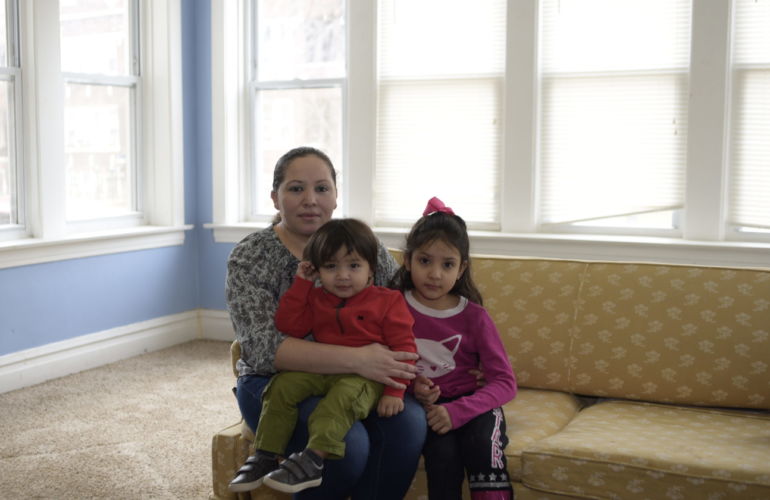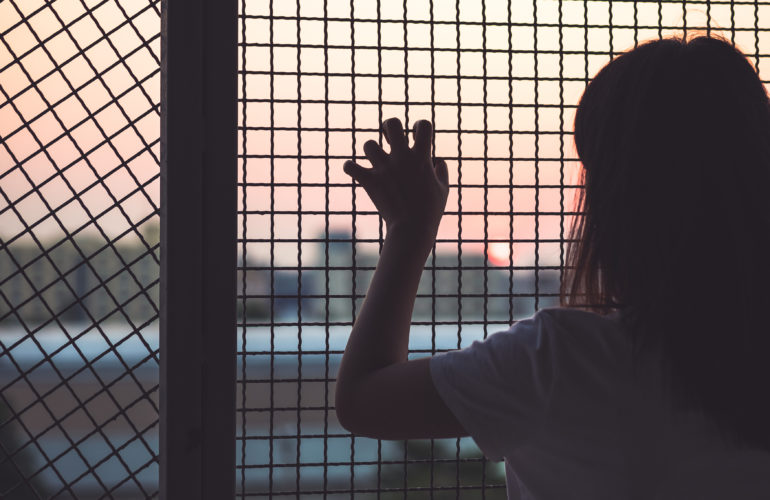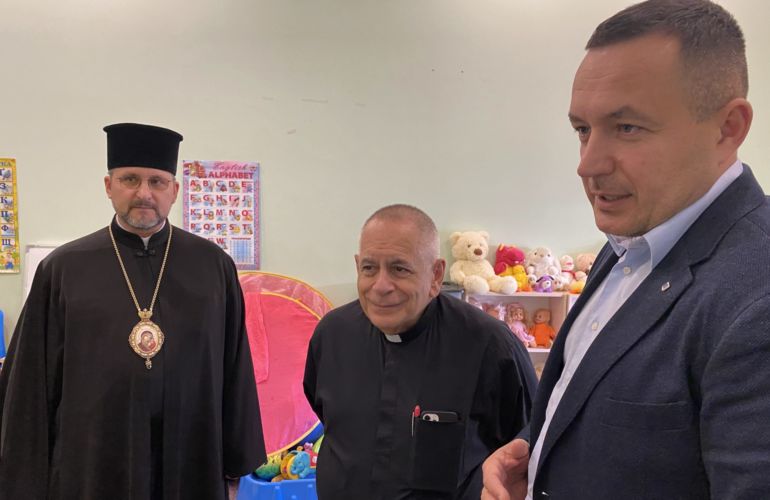Address Poverty, Gender Inequalities to End Child Marriage in Jordan
A new report urges humanitarian actors, government, and donors to work together to eliminate poverty and gender inequalities as key to ending child marriage in host and refugee communities in Jordan.

Published by the International Catholic Migration Commission (ICMC), the report looks at factors driving child marriage in Jordan and its devastating impacts on children and society. Sixteen recommendations outline action to end the harmful and persisting traditional practice, which is often used as a coping strategy by economically vulnerable communities.
The report calls for humanitarian actors to continue providing life-saving protection activities and services, including life skills courses for at-risk girls in Syrian refugee and host communities, healthcare, education, livelihood training, and positive parenting classes.
Further, the report highlights the importance of promoting gender equality and human rights and engaging men and boys as allies for positive social change.
Robbed of a Childhood
UNICEF defines child marriage as a formal or informal union in which one or both parties are under the age of 18. Linked with gender inequality, the practice disproportionately affects girls, robbing one in five worldwide of their childhood and future and damaging their physical and mental health.
Child brides are at increased risk of violence in the home, are less likely to finish schooling, and face limited professional opportunities. They tend to have more children than women who marry as adults, and to experience more health complications. Child marriage has negative consequences at a national level as well, hindering a country’s sustainable growth and human development.
Driving Forces
The ICMC report highlights extreme poverty as a key factor behind child marriage. The highest rates of the practice are found among economically vulnerable groups, among them forcibly displaced people. Child marriage, seen as a way to ensure that a girl child is provided for, is a survival strategy for many families in economic distress.
The COVID-19 pandemic has caused further strain for already vulnerable groups like refugees, due to the loss of jobs and informal labor. The pandemic’s effect on rates of child marriage is sobering, with up to 10 million more girls worldwide at risk of becoming child brides over the next decade.
Gender discrimination and inequality play a clear role in child marriage, according to the ICMC report. This expresses itself in strong male authority figures, honor-related traditions, and restrictions on movement, education, and employment for females.
Child Marriage among Syrian Refugees
The arrival of Syrian refugees in Jordan since 2011 has spotlighted child marriage, the prevalence of which was over 50 percent higher among this population than Jordanians in 2017.
Some 80 percent of Syrian refugees in Jordan live in extreme poverty, with the pandemic bringing added strain. Child marriage, while not unknown in Syria before the war, has become a response to the social and economic pressures of displacement. One in three Syrian marriages—in refugee camps and Jordanian host communities—are child marriages.
Steps to Eliminate Child Marriage
The report recommends building on existing work to reverse the practice of child marriage in Jordan. Researchers examined the impact of the life skills course run by ICMC from September 2020 to May 2021 in Irbid in northern Jordan with funding from the Raskob Foundation.
Such courses teach girls and young women who are survivors or at risk of child marriage about adolescent health, human rights, decision-making, and communication. They learn computer and financial skills, and build a social support network. There is a ripple effect in the community, breaking down negative gender stereotypes and ways of coping with displacement.
To tackle poverty as a core driver of child marriage, the report urges action to protect labor rights and improve working conditions for vulnerable Jordanians and Syrian refugees. These recommendations at a national level mirror ICMC global advocacy and research, such as the Future of Work initiative, which promotes decent work and respect for labor migrants’ rights.
The Raskob Foundation supports various projects of Catholic-inspired organizations in the United States and globally to further the mission of the Catholic Church.



